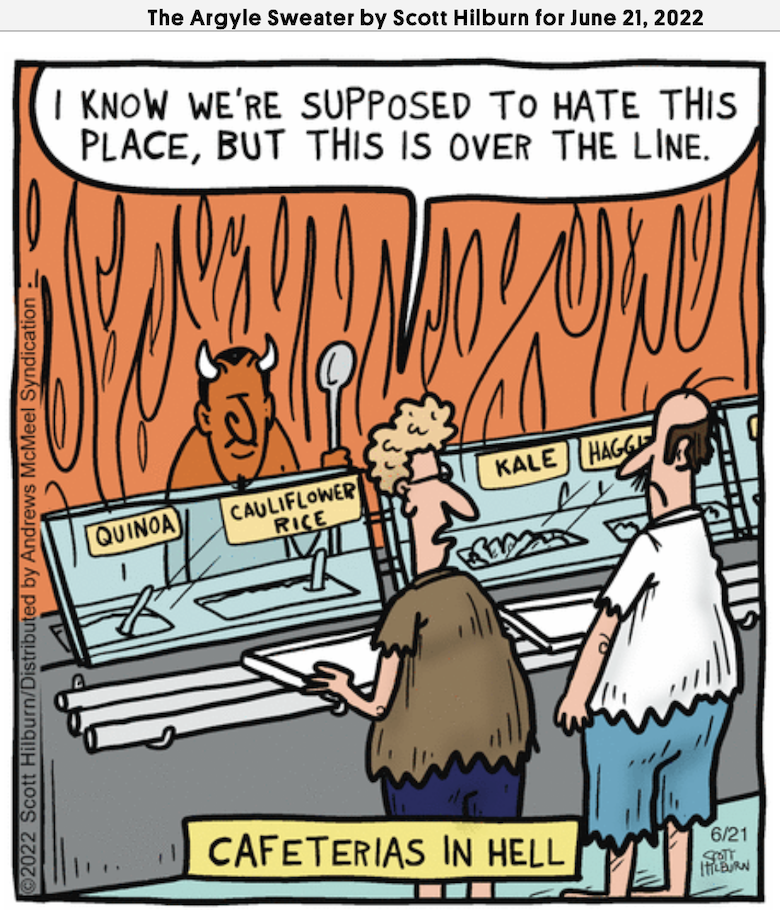I wrote recently about how Republicans have dug a hole for themselves because their voting base, especially evangelical Christians, has taken the abortion issue to far greater extremes than the party establishment would like, in the process alienating many people who, while they may be uneasy about abortion, are even more disturbed about making it so hard to get that it becomes almost impossible for women to get one even in cases of rape or incest or the health of the woman.
Then there is the other problem that evangelical Christians present to Republicans in that while Republican candidates seek their support, evangelicals are not the majority of the voting population and getting their vote is not sufficient to put them over the top.
We see this dynamic play out in the first state to vote in the Republican nomination contest, which is Iowa. This has the format of caucuses where people gather together on one evening in winter to discuss and vote for candidates at public meetings. Such formats are favorable to those who are very committed and in the case of the Iowa caucuses, that consists of people like evangelicals. Already we are seeing a steady stream of Republican hopefuls going, or planning to go, to Iowa to pander to that group. Donald Trump, Ron DeSantis, Mike Pence, Nikki Haley, and Tim Scott have already made their pilgrimage.
[Read more…]

